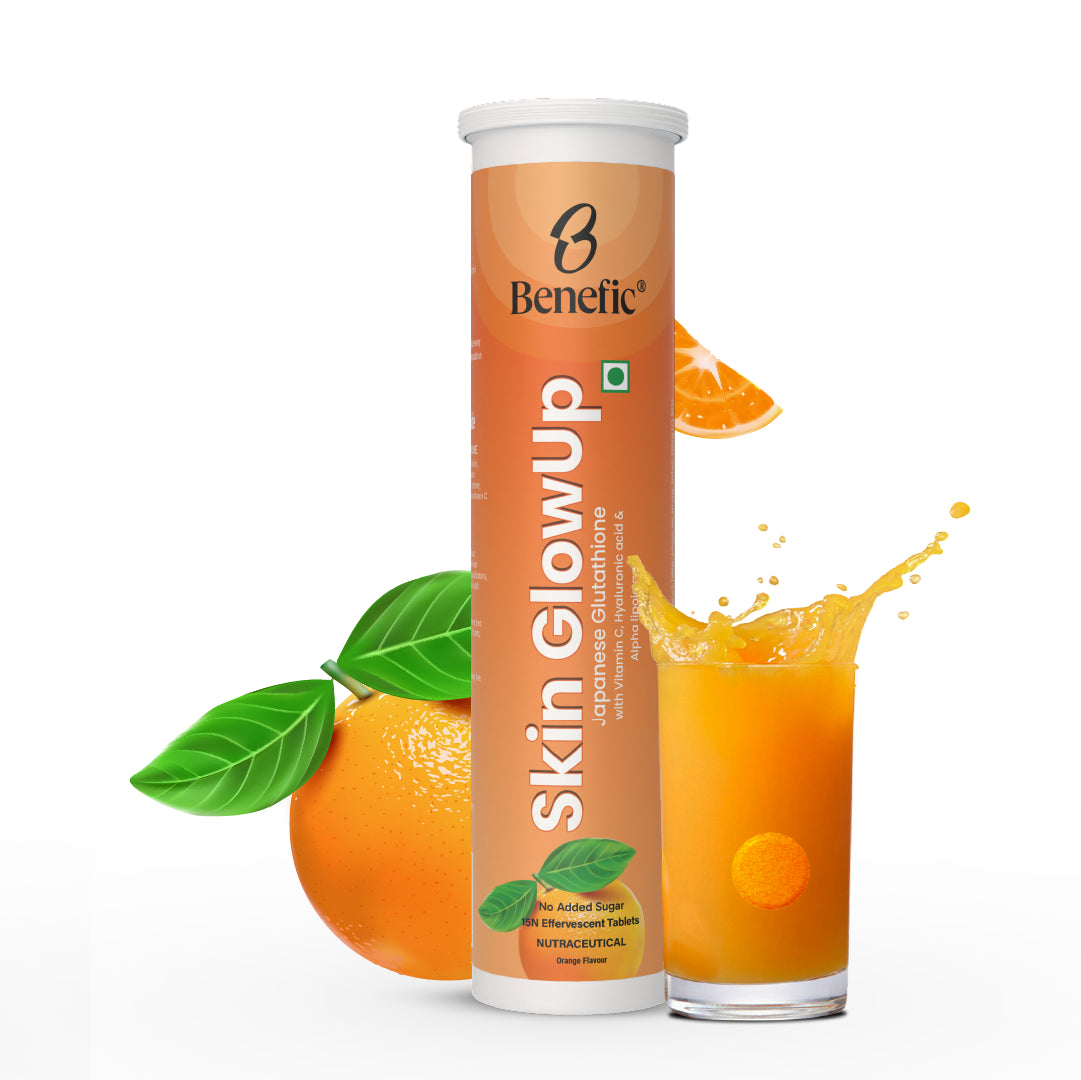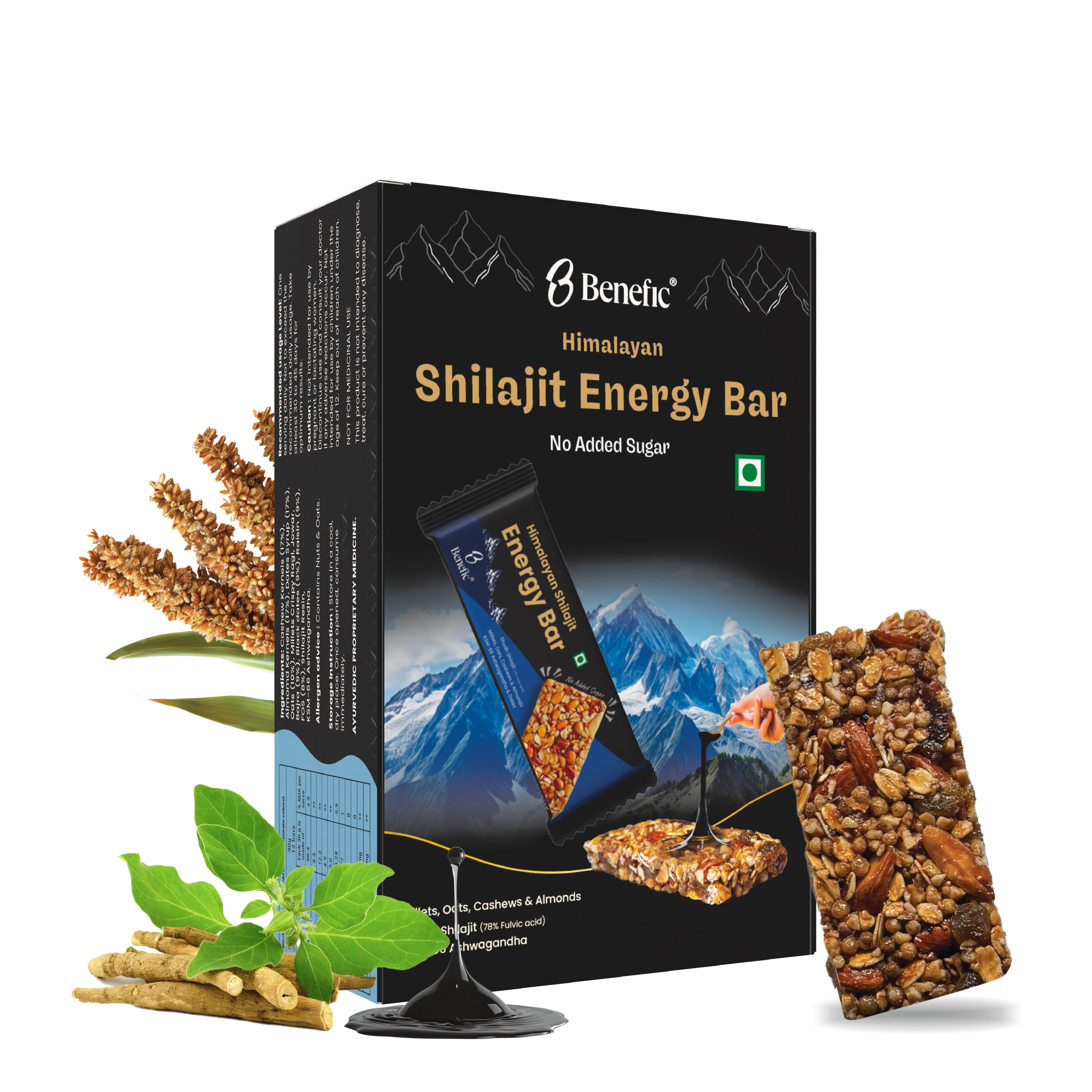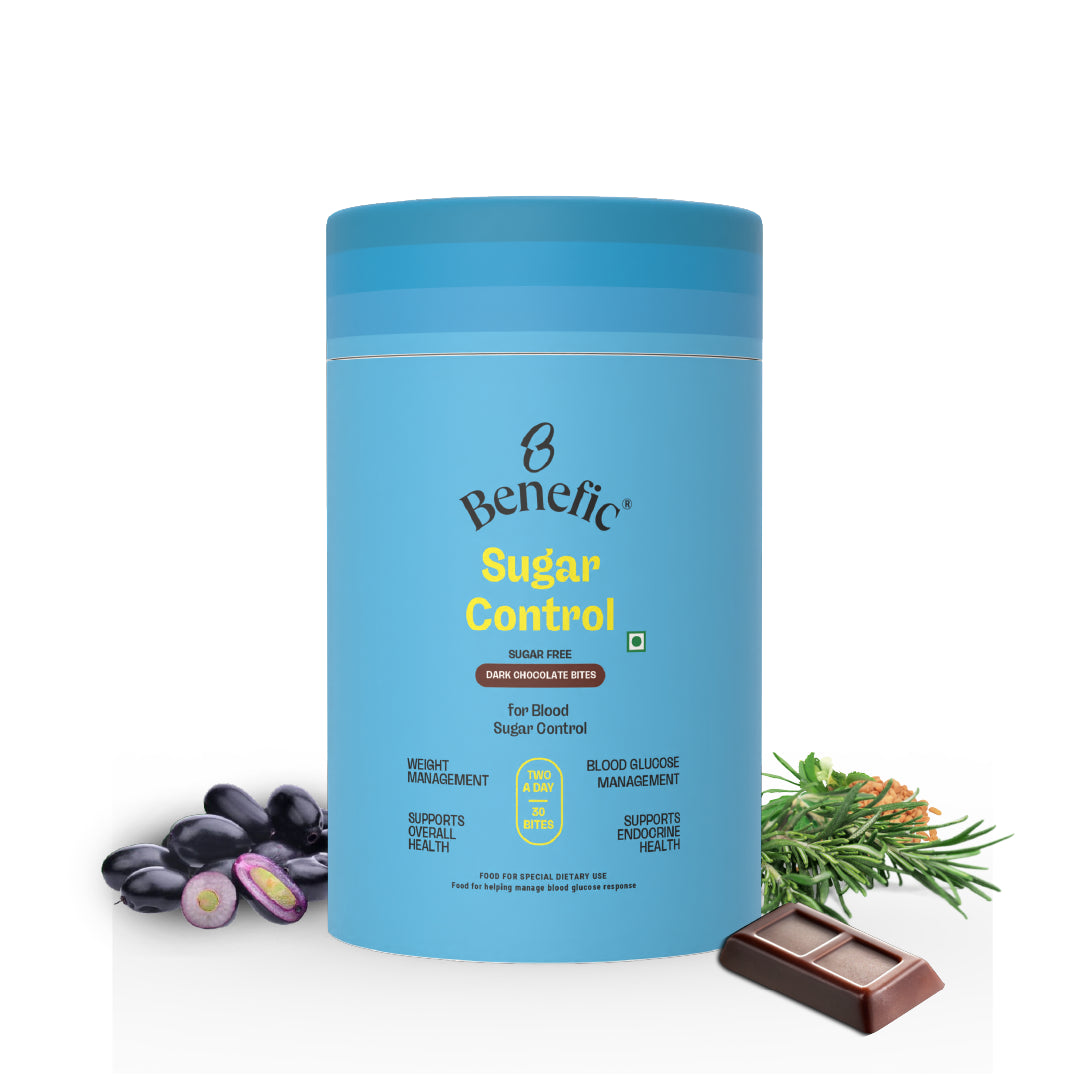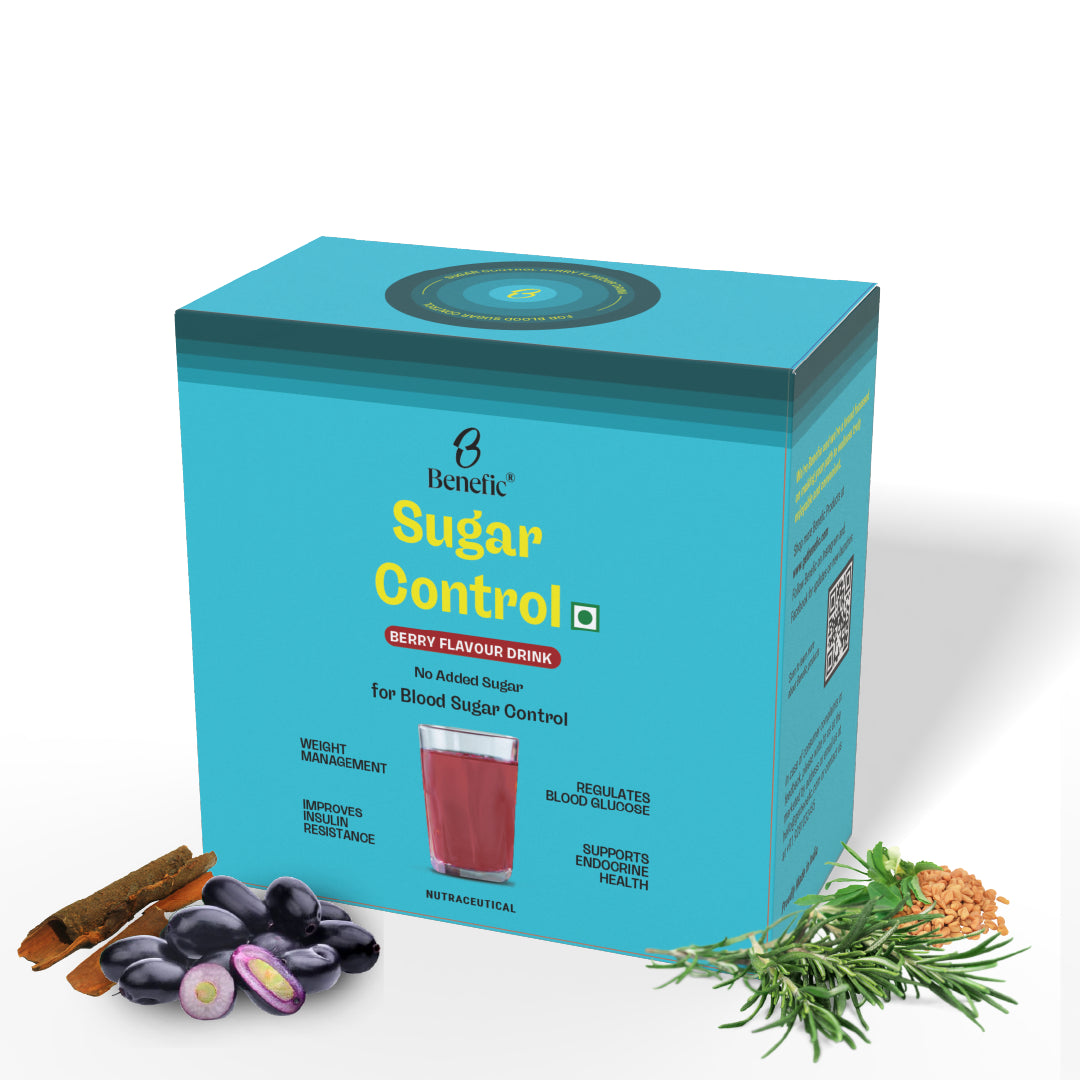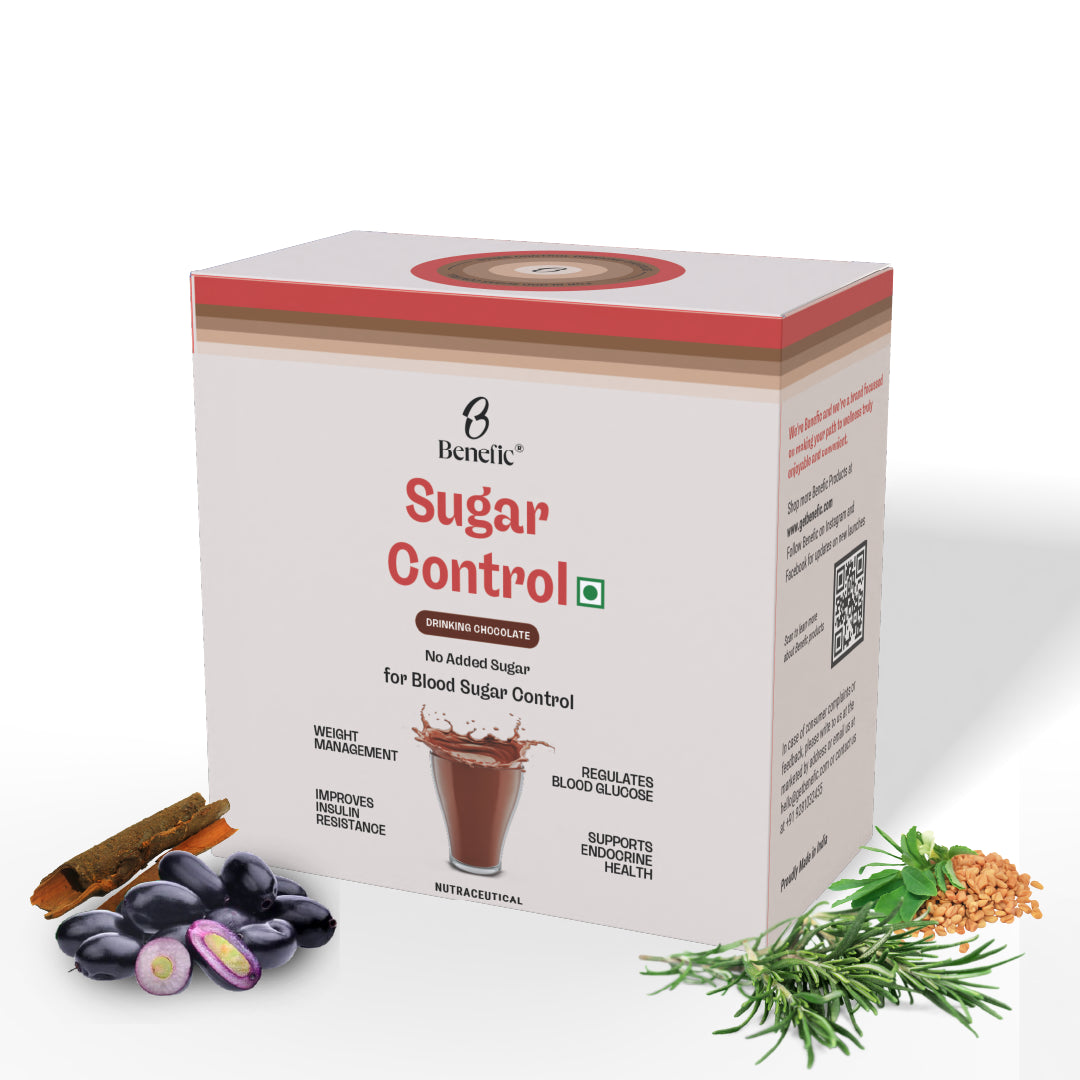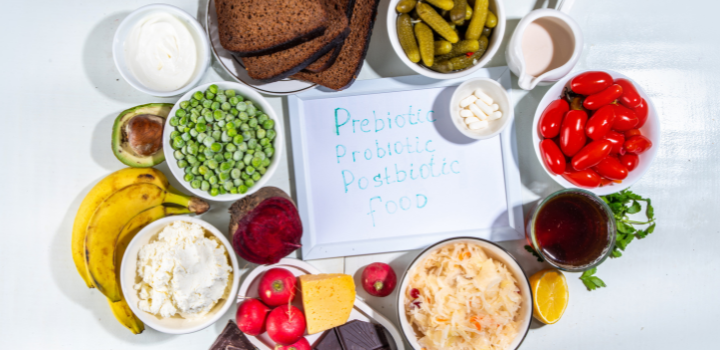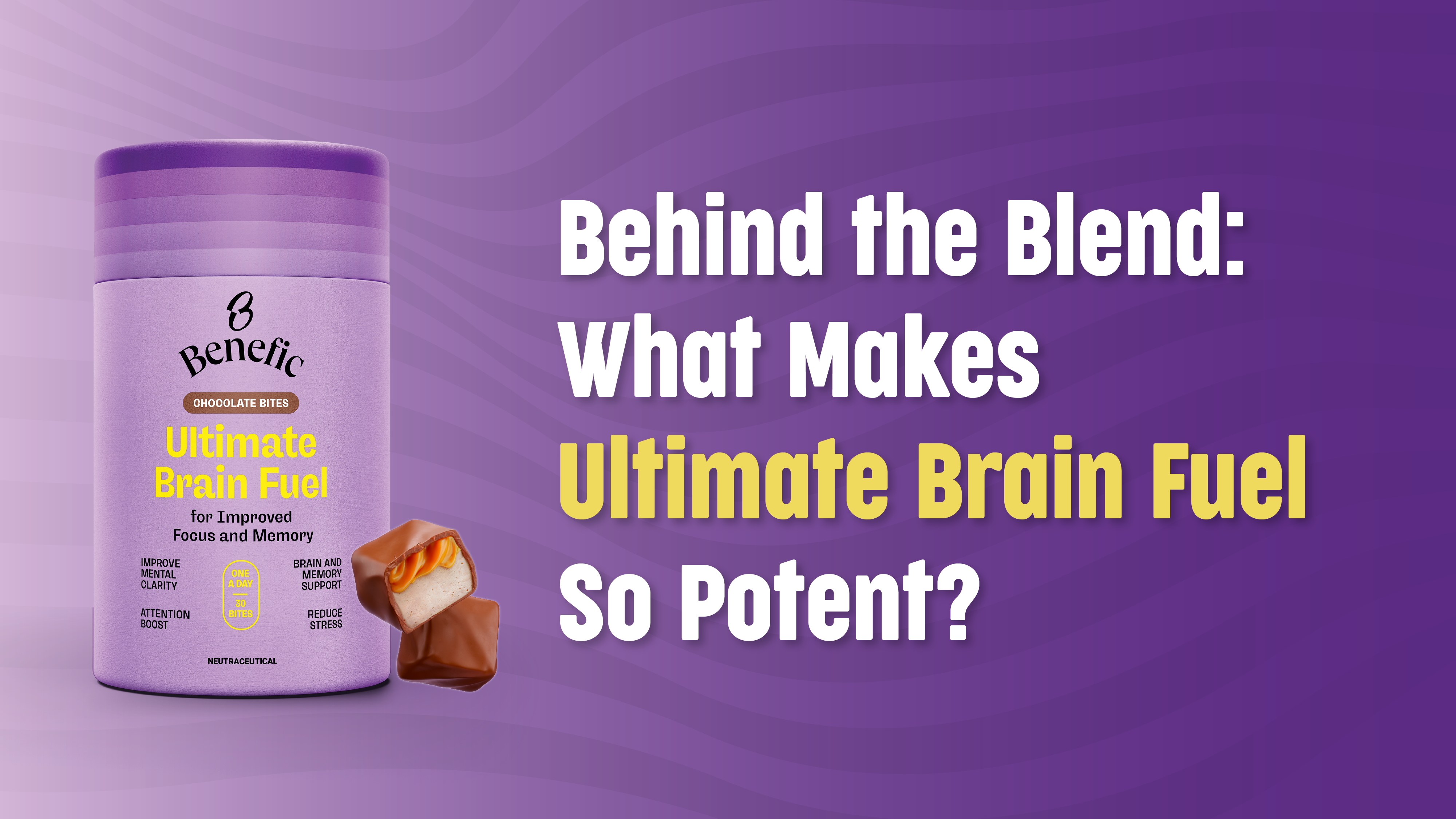If you are interested in nutrition, you must have come across the terms prebiotics and probiotics. This article will explain these terms in-depth and how they help us improve our health. To understand more about prebiotics and probiotics, we must know more about gut bacteria.
What are gut bacteria?
All animals, plants, and humans are covered by several microorganisms like bacteria, viruses, and fungi. Many of them live on our skin, in body fluids, and digestive tracts. As a matter of fact, our bodies have just as many microbes, if not more, than our own cells.
About 100 trillion bacteria live in our digestive system. However, not all of them are bad. Some of them are good bacteria, and they live along with us in a symbiotic relationship. Humans give these bacteria a place to live - our gut and some food to eat. In return, they help us make vitamins and fatty acids, stop the growth of harmful bacteria, improve our immune system, maintain the gut wall, digest food, absorb minerals, and regulate body weight.
Nevertheless, harmful microbes that cause diseases in humans can outnumber these good gut bacteria and harm our health. That is when probiotics and prebiotics come to our rescue to help us regain balance.
How does this balance get disturbed?
Sometimes the balance between good bacteria and harmful microbes gets disturbed in a condition called gut dysbiosis. Pesticides and chemicals in food, high-sugar and high-fat diet, and antibiotic use can cause changes in the gut bacterial composition.
How does an imbalance in gut bacteria affect our health?
An imbalance in the gut bacteria composition could upset the stomach, causing heartburn, diarrhoea, bloating, gas, and constipation. The imbalance increase sugar cravings, body weight changes, sleep disturbances, fatigue, food intolerances, autoimmune, and skin conditions like eczema. Prebiotics and probiotics will help us increase the number of good bacteria that helps us regain that balance.
What are probiotics and prebiotics?
Probiotics are live bacteria that are present in some foods and supplements. In comparison, prebiotics are substances that are food for probiotics. In other words, probiotics are our good bacteria, and prebiotics are food for these bacteria. Both of them help increase good bacteria in our gut.
Probiotics
Typically probiotics constitute a small variety of good bacteria or sometimes just a few to one strain of bacteria. When we consume them, the live bacteria help repopulate the gut with good bacteria. Bifidobacterium and Lactobacillus are two kinds of bacteria that are immensely helpful.
Yoghurt or curd, south indian breakfasts like idli and dosa, paneer or cottage cheese, lakhani or fermented soya beans, green peas, pickles or fermented veggies, buttermilk, and dhokla are a few examples of probiotic Indian foods. Kombucha tea, kimchi, sauerkraut, kefir, and fermented cheeses are other probiotic foods.
You can also consume probiotic supplements like pills and powders with live good bacteria or yeast. Many products in the market claim to contain specific amounts of certain bacteria. Also, some of them are designed to reach our gut safely without getting killed by stomach acids. However, it is always advised to consult your doctor before taking such supplements.
Research says that probiotics improve digestive health, relieve antibiotics-related diarrhoea and symptoms of irritable bowel syndrome, prevent life-threatening gut infections in infants, and mental health in people suffering from depression. Additionally, they could reduce the need for antibiotics to treat infections and the incidence of colds, pneumonia, gestational diabetes, and vaginal infections.
However, probiotic supplements may also cause side effects in people with Crohn's disease and weakened immune systems. Therefore, people with such underlying conditions should consult their doctors before using probiotics.
Prebiotics
Although probiotics are an excellent way to increase beneficial bacteria, we can also increase their numbers by feeding the good bacteria already present in our gut. Fibre in our foods is a carbohydrate that our body cannot digest. But the good bacteria in our gut can feed on, digest, and thrive on them. Including such foods in our diet could also help.
Prebiotics are present in many plant foods like whole grains, tomatoes, legumes, garlic, bananas, potatoes, Jerusalem artichokes, chicory roots, leeks, onions, asparagus, berries, nuts, and seeds. Inulin is the primary prebiotic and soluble fibre found in most of these foods. It also prevents overeating, stabilizes blood sugars, and helps move the bowels.
However, increased intake of prebiotics or fibre could cause bloating, abdominal pain, and some digestive symptoms.
Synbiotics, postbiotics, antibiotics
- Synbiotics are a combination of probiotics and prebiotics that could work synergistically in improving the number of good bacteria in the gut.
- Postbiotics are the byproducts or the end-products of good bacteria. These bacteria feed on fibre and produce short-chain fatty acids that help improve our immune systems or strengthen our gut walls.
- Antibiotics are substances that kill microorganisms. They are medicines that we take to kill infection-causing organisms in our bodies. However, these antibiotics also end up killing good bacteria in our gut, leading to an imbalance.
Can probiotics help in weight loss?
Studies have shown that gut bacterial composition differed among obese people and people of average weight. These findings meant implanting or transplanting the right beneficial gut bacteria into obese people could cause weight loss. But faecal transplants are complicated as they include trillions of microorganisms of diverse backgrounds, and transplanting just a few bacteria might not guarantee weight loss.
Bottom line
Beneficial bacteria in our gut are essential for our health. Probiotics and prebiotics help us improve the number of good bacteria in the gut.
Including a wide variety of prebiotic foods like vegetables, legumes, potatoes, whole grains, and bananas and probiotic foods like yoghurt, dosa, idli, pickles or other fermented foods in your daily diet is recommended to maintain a good balance between good and bad bacteria.
Apple Cider Vinegar with the mother, cloudy and stringy substance in the unfiltered vinegar, is rich in probiotics and digestive enzymes. Try Apple Cider Vinegar Chocolate Bites from the range of Benefic nutrition supplements to improve digestive health and metabolism.
However, consult a doctor before using probiotic supplements, especially if you have underlying health conditions.
